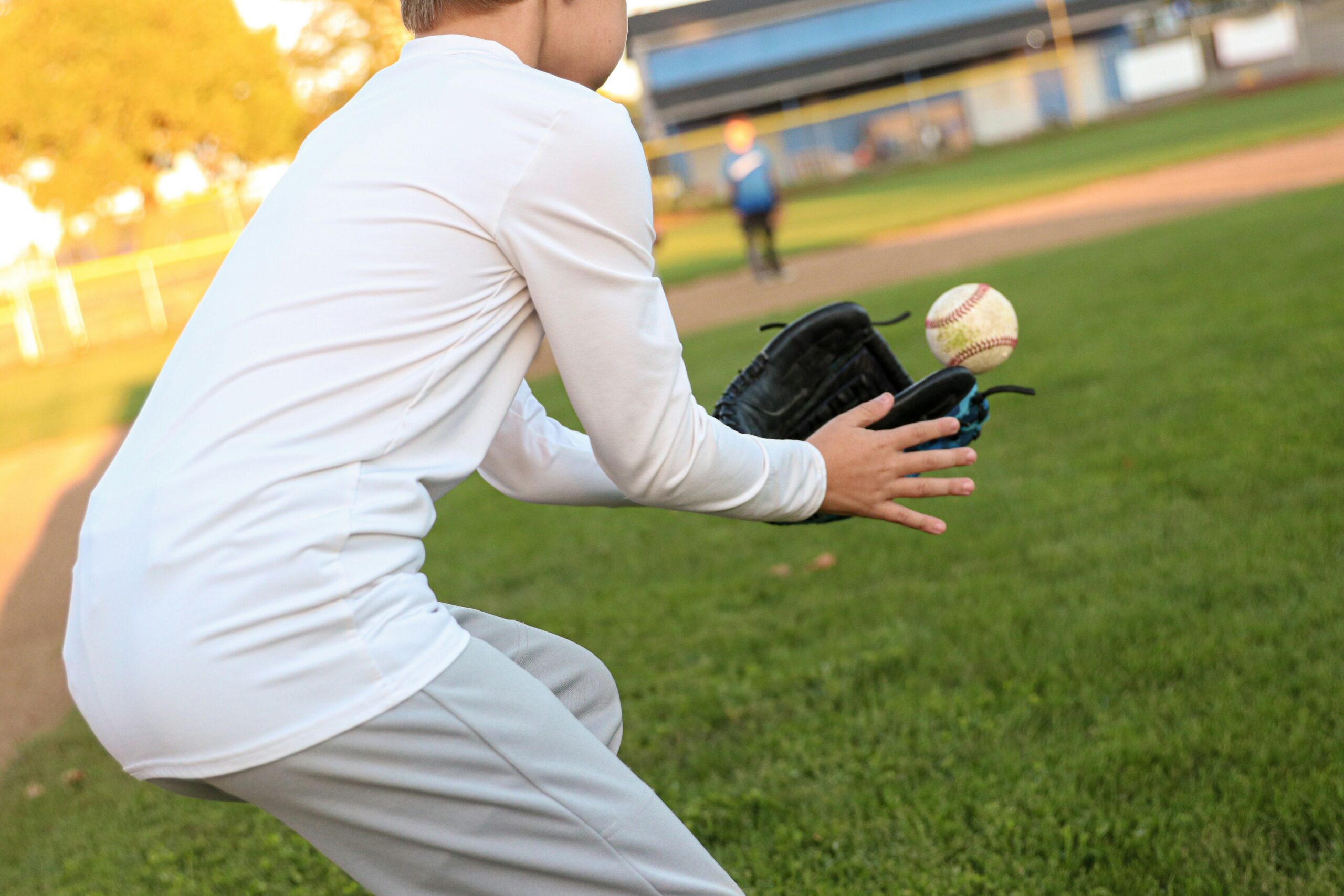
Travel baseball players need to maintain peak performance on and off the field. The demands of frequent travel and the intensity of competitive play require athletes to focus on their fitness and nutrition to ensure they are always at their best. By adopting smart nutrition and fitness strategies, players can enhance their endurance, strength, and overall performance, leading to tremendous success in tournaments and games.
The Role of Nutrition in Athletic Performance
Proper nutrition is the foundation of any athlete’s performance, and travel baseball players are no exception. A balanced diet fuels the body, improves recovery time, and helps prevent injuries. For baseball players, the focus should be on consuming the right macronutrients—proteins, carbohydrates, and fats—in the proper ratios to support high-intensity training and game-day performance.
Baseball players need sufficient protein to repair muscles and build strength. Lean protein sources, such as chicken, turkey, fish, eggs, and legumes, should be incorporated into daily meals. Protein should also be consumed after workouts or games to facilitate muscle recovery and reduce soreness.
Carbohydrates, the body’s primary energy source, provide sustained energy during long games and practices. Foods rich in complex carbohydrates, like whole grains, vegetables, and fruits, should be included in every meal. For quick energy before a game or practice, consider quick-digesting carbs such as bananas or granola bars.
Healthy fats in foods like avocado, nuts, seeds, and olive oil are essential in hormone regulation and long-term energy storage. Including these fats in your diet ensures the body has the energy reserves needed to perform at a high level over extended periods, especially during long travel schedules.
Hydration: Staying Energized and Focused
Hydration is often overlooked but is critical for peak performance. Players should stay well-hydrated before, during, and after games or workouts to prevent fatigue, dehydration, and muscle cramps. Water is the best choice for staying hydrated, but sports drinks with electrolytes can help replace sodium, potassium, and other minerals lost through sweat, especially in hot weather.
The key to proper hydration is consistency. Drinking small amounts of water throughout the day, rather than waiting until thirst sets in, will help players maintain a steady energy level. Players should also avoid relying on sugary drinks, which can lead to energy crashes that hinder performance. A good rule of thumb is to drink at least 16-20 ounces of water 2-3 hours before physical activity and another 8-10 ounces every 10-20 minutes during exercise.
In addition to water, players should consume electrolyte-rich drinks during intense play or when the weather is especially hot. These drinks can help prevent dehydration and muscle cramps by replenishing lost minerals, ensuring the player stays alert and energized.
Fitness Strategies for Travel Baseball Players
Fitness is just as necessary as nutrition for any travel baseball player. Players must be agile, strong, and quick to excel on the field. A well-rounded fitness regimen combining strength training, agility drills, and endurance exercises can significantly enhance a player’s performance and reduce the risk of injury.
Strength training is essential for building muscle mass and enhancing power. Players should focus on exercises that strengthen their core, legs, arms, and shoulders—the primary muscles used in baseball. Squats, lunges, deadlifts, and planks are all excellent exercises for building foundational strength. Upper body workouts, including push-ups, pull-ups, and bench presses, can enhance throwing power and hitting performance.
In addition to strength training, baseball players should incorporate agility drills into their routine. Agility is key to quick lateral movements and reactions, essential during plays and base running. Ladder drills, cone drills, and shuttle runs can improve footwork and reaction times. These drills also help improve coordination and balance, essential for making precise throws or catches.
Endurance is another vital component of a player’s fitness. Baseball players must maintain stamina over several innings, especially during long games or tournaments. Cardiovascular exercises such as running, cycling, or swimming help increase endurance and lung capacity, enabling players to keep their energy up throughout the game.
Rest and Recovery for Better Performance
While training and nutrition are vital for improving performance, rest and recovery are equally important. Travel baseball players often face tight schedules, with multiple games or practices in a short period. Without proper recovery, players risk overtraining, burnout, and injury.
Sleep is one of the most critical aspects of recovery. The body needs adequate sleep to repair muscles, restore energy, and consolidate memories, which is especially important for athletes. Players should aim for 7-9 hours of quality sleep per night. Good sleep hygiene, such as avoiding electronics before bed and maintaining a consistent sleep schedule, can help players achieve better rest.
In addition to sleep, players should prioritize active recovery. This can include light stretching, yoga, or foam rolling to release tension and prevent muscle stiffness. Recovery-focused activities can improve flexibility, reduce soreness, and help players recover faster between games and practices.
Stretching before and after physical activity can help prevent injury by improving flexibility and maintaining joint mobility. Incorporating dynamic stretches into the warm-up routine prepares muscles for exercise, while static stretching afterward helps the muscles return to their natural length and improves flexibility.